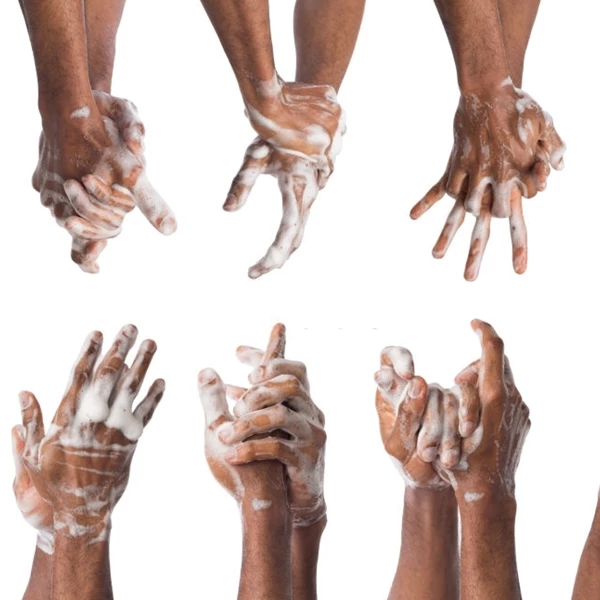Dettol Hygiene Curriculum aims to educate children about the importance of cleanliness and teach healthy habits and practices.
Dettol, a leading brand of Reckitt, has developed a hygiene curriculum for school children in India, as part of its commitment towards a cleaner and healthier future. The curriculum has over 40 lessons that cover various aspects of hygiene, such as personal hygiene, hygiene at home, hygiene at school, hygiene during illness, and hygiene in the neighbourhood. The curriculum has been collated in a very simplistic fashion in English, Hindi, and Telegu, to widen its reach across India. It is basically a step-by-step guide for children to keep themselves healthy and active.
Why is hygiene education important?
Hygiene education is important because it helps prevent the spread of diseases and infections, especially among children who are more vulnerable to them. According to the World Health Organization, diarrhoea and respiratory infections are the two leading causes of death among children under five years of age, and both can be prevented by improving hygiene practices. Hygiene education also helps children develop a sense of responsibility and self-esteem, as they learn to take care of themselves and their surroundings.
How is Dettol Hygiene Curriculum implemented?
The Dettol Hygiene Curriculum is implemented through a multi-pronged approach that involves teachers, students, parents, and community members. The curriculum is delivered through interactive activities, games, stories, songs, and videos, that make learning fun and engaging. The curriculum also provides teachers with training modules and support collateral, to help them effectively impart the hygiene lessons to the students. The curriculum also encourages students to form child cabinets, that monitor and maintain the hygiene and sanitation standards in their schools. The curriculum also recognises and rewards the schools and teachers that excel in implementing the hygiene education program.
What are the achievements and impacts of Dettol Hygiene Curriculum?
The Dettol Hygiene Curriculum has been successfully implemented in 11 districts of Uttar Pradesh, Bihar and Uttarakhand, reaching out to over 2.4 lakh students and 11,000 teachers in 1,346 schools1. The curriculum has also been adopted by Plan India, a child rights organisation, in 11 districts of Rajasthan, Madhya Pradesh, and Odisha, reaching out to over 1.5 lakh students and 6,000 teachers in 1,200 schools. The curriculum has also been launched in Australia, as the Healthy Habits School Program, reaching out to over 1.2 million students and 50,000 teachers in 10,000 schools.
The curriculum has shown positive impacts on the behaviour and attitude of the children and the community towards hygiene. According to a study conducted by NDTV-Dettol Banega Swasth India campaign, the curriculum has reduced the cases of diarrhoea by 14.6% and respiratory infections by 9.8% among the students1. The curriculum has also increased the awareness and practice of handwashing, toilet usage, and waste management among the students and their families1. The curriculum has also improved the school environment, as 345 schools have qualified for the Swachh Vidyalaya Puraskar, and 65 schools have developed as model schools with hygiene corners.
(India CSR)
(Updated on December 7, 2023)







